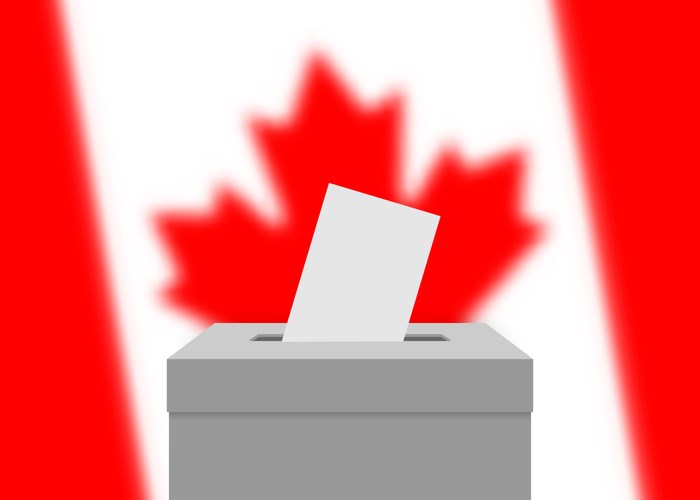For the next 33 days Canada will be in the midst of a federal election, and that means voters being inundated with official party advertising, and perhaps of greater note reams of social media rhetoric both from official sources and from anyone else wanting to wade into the debate about who should lead our country for the next four years.
Voters are going to face a challenge in wading through everything they will see and hear in the coming weeks to determine what they feel is truthful, and what is simply opinion. There is after all a significant difference.
It will also be important to dig down and look at the policies of the different parties and to look into the local candidates too.
We tend to focus a lot of attention on party leaders, and one will of course be Prime Minister in the next Parliament, but when it comes to issues they have but a single vote just like all MPs. They do not have the sweeping power of a veto like the American president has, which makes their impact less significant than we might at times think.
Yes, they do often speak for Canada on the world stage, but their power is more limited in terms of motions being passed in the House of Commons.
It’s also important to know the local candidates and feel confident who you vote for will be a good voice for local issues in Ottawa.
Most MPs are never given ministerial roles even if they are on the winning side. It takes 170 seats to form a majority government. The cabinet will be only a fraction of those.
If the successful candidate is on the Opposition side of the House of Commons, they are even farther from the added stature and louder voice afforded ministers.
So most MPs must focus their attention on being the best voice for constituents they can be, and it is up to voters to best determine which candidate can best speak for Yorkton-Melville. At times that may not mean simply following the party policy on every issue. There may be times the local needs run counter to a policy and an MP should be willing to voice that in Ottawa for their constituents.
That is our role as individual voters, to do our due diligence in digging through the flotsam that can flow through an election to determine which party has the best policies for the future Canada we envision, and which candidate will speak best for Yorkton-Melville.
And then we of course need to vote come Sept. 20.




